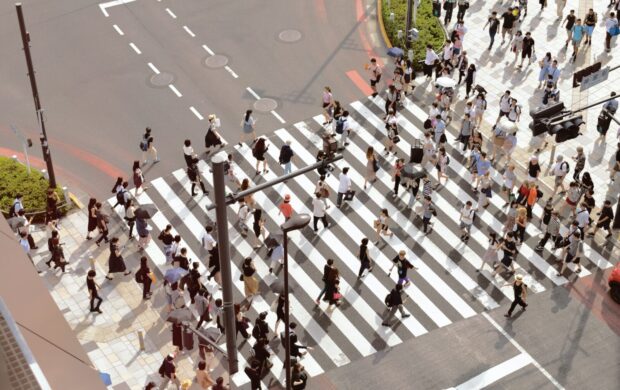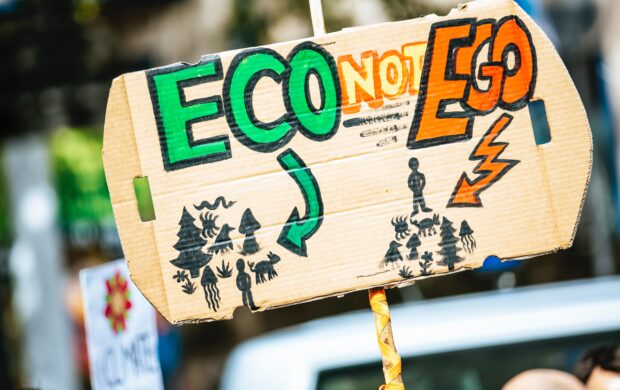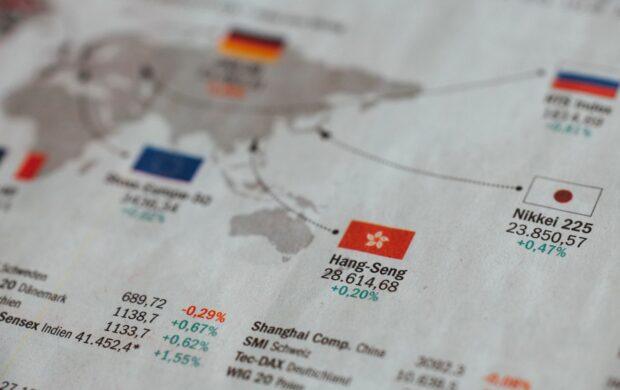The challenge
The “global cost of climate change damage is estimated to be between $1.7 trillion and $3.1 trillion per year by 2050.” This includes impacts to infrastructure, property, agriculture and human health, with the severity set to increase over time. There has never been a greater need to adapt and address the physical, economic and social impacts of climate change. For businesses, this means considering their role across the whole value chain. But what does this look like, and what does it mean to support climate adaptation with a systemic lens?
The inquiry
Together, Capgemini and Forum for the Future are asking three questions to help make meaningful progress on climate adaptation in value chains.
- Climate change adaptation solutions usually focus on addressing the physical consequences of climate change such as extreme heat and flooding. How can we drive greater impact by reframing climate risk to include economic and social impacts?
- Climate change adaption is often addressed at a farm, or supplier level. How can we unlock climate adaptation solutions which have a systemic impact, across the whole value chain?
- What is the role of technology in driving positive social impact in value chains whilst also increasing physical resilience for a changing climate?
How to get involved
We’d love to hear your views on the above questions. Let us know: what have you seen in your work?
Join the discussion in the box below or reach out via email with any reflections, questions, or examples you would like to share.
About the Unlocking Systemic Innovation series
This inquiry is the second in a four-part series that Capgemini and Forum are exploring throughout 2023 – aiming to find opportunities for collective action and progress on some of the biggest sustainability challenges, including:
- Traceability and Transparency
- Transforming Consumption
- Sustainable Procurement
- Adaptation for Resilient Supply Chains
We are gathering reflections on these topics through the Futures Centre and Forum’s social media channels at regular intervals during the year. We’ll also hold conversations with organisations grappling with these challenges, including trailblazers demonstrating the art of the possible and the ESG co-benefits available in tackling these issues. The insights from each event will be shared in a Futures Centre blog at the close of each inquiry.
Get in touch
- To learn more about the series and/or Forum for the Future’s work helping businesses transform, please contact Jordan McKay, Forum’s Principal Sustainability Strategist at j.mckay@forumforthefuture.org or get in touch via Linkedin
- Click here to learn more and get involved with how Forum for the Future is working towards reconfiguring value chains
- To learn more about Capgemini’s solutions for designing and scaling systemic impact on value chains, please contact Laura Gherasim, Director of Sustainable Futures UK at laura.gherasim@capgemini.com or get in touch via LinkedIn





















Join discussion